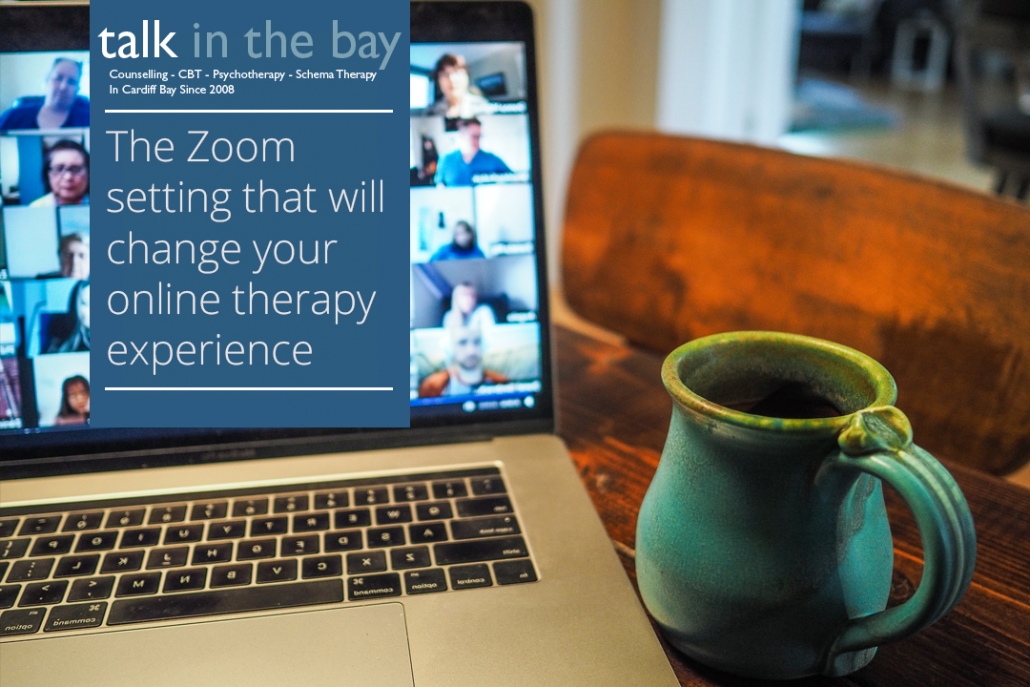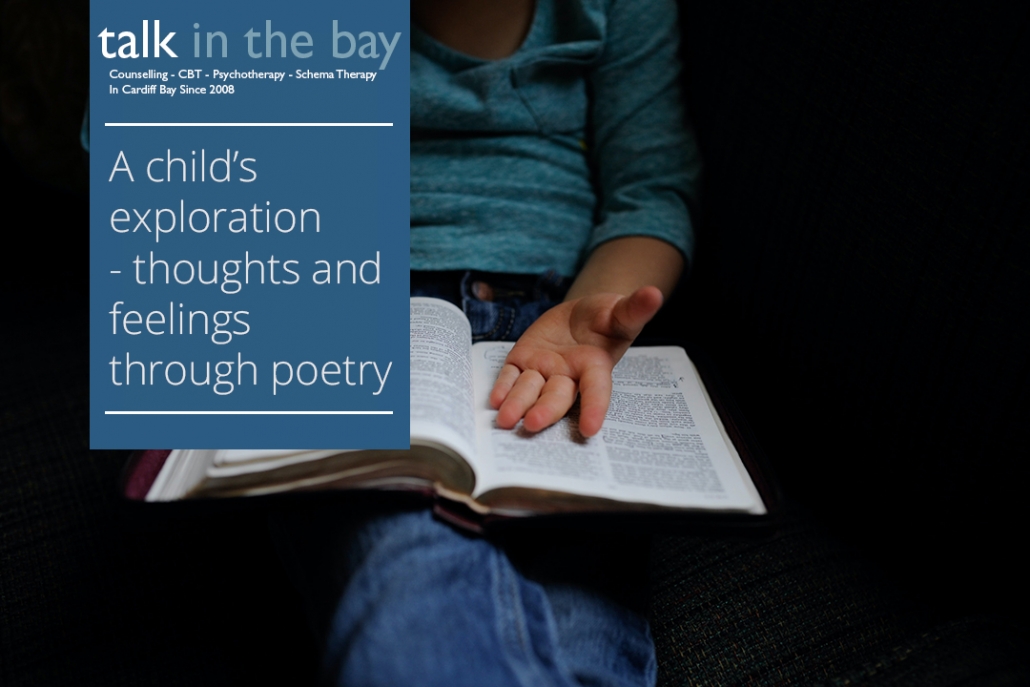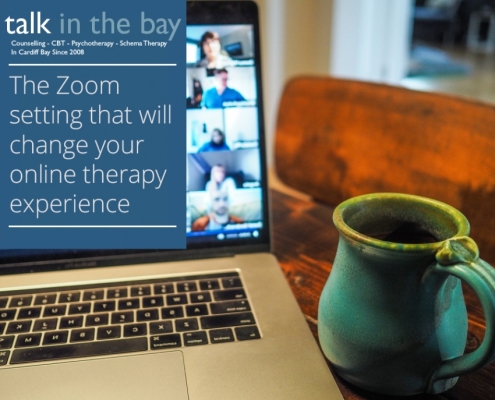What is personality disorder counselling?
Our personality is always distinct and describes how we show ourselves to the world. Some people are outgoing and confident whilst others are shy and reserved. Personality is a mixture of both inherited characteristics from our ancestors, and traits developed as a result of what we have experienced in our lives – particularly as children. Our personality might also explain how we interpret what has happened to us, and why when two people are placed in an identical situation, one may seem resilient whilst the other sensitive.
Personality disorder is a blanket term which describes a condition in people who seem unable to regulate their thoughts, feelings and behaviours which in turn leads them to act in negative, harmful or destructive ways. The condition can lead to problems for individuals, their families and society as a whole. Mind, a leading charity concerned with mental illness estimates that more than 10% of the population may suffer from some severity of a personality disorder, with this figure rising to around 50% in prison and psychiatric hospital inmates.
What is personality disorder?
Personality disorder is not an illness or condition you are born with, but is about how a person develops while growing up. Often, a personality ‘trait’ which may have evolved as a coping mechanism for some early difficulty now causes repeated problems in life – particularly within relationships. These issues can be with family and friends, work and health professionals and frequently with all of them.
Personality disorder is an officially classified somewhat controversial medical condition, and a diagnosis can only be made by a psychiatrist or suitably qualified psychologist.
The Diagnostic and Statistical Manual of Mental Disorders, which aims to standardise medical classifications, lists 10 personality disorders. Each usually involves some aspect of a person being unable to regulate and control their feelings then ‘acting out’ with actions towards themselves or others.
There are 10 main disorders which are classed in three ‘clusters’ by DSM IV of behaviour types, which are:
- Cluster A personality disorders: these are disorders in which odd or eccentric behaviour is considered to be central. For example in schizotypal, schizoid and paranoid personality disorders.
- Cluster B personality disorders: this group includes personality disorders in which dramatic and erratic emotional responses are common. Borderline, antisocial, histrionic and narcissistic personality disorders belong in this cluster.
- Cluster C personality disorders: personality disorders which are classified as belonging to cluster C are those in which anxious and fearful behaviour are central – including avoidant, dependent and obsessive compulsive personality disorders.
Who suffers from personality disorder?
Personality disorder is a controversial diagnosis which covers a wide range of people. Many sufferers are distressed by the label while others will never receive an official diagnosis. Historically this might be because it was considered an untreatable condition but this stance is now being rethought.
Individuals who commonly suffer from personality disorders include:
- people who seem unable to manage their lives and relationships
- those who seek psychiatric services long term
- prisoners.
The Home Office pressed for changes to Mental Health legislation in 1996 to address the impact of inadequate support for sufferers and to allow a move away from the ‘diagnosis of exclusion’ (diagnosis of a medical condition which is reached through process of elimination). Since entering into the noughties, the Government have been attempting to break the stigma of such conditions with optimistic programmes, increased research and new attitudes in society. Sufferers are now more likely to have diagnosable ‘mental illnesses’ such as depression, eating disorders, panic attacks and drug abuse.
Symptoms of a personality disorder
Personality disorders usually reveal themselves as destructive ways of acting, feeling and interacting with others which generally can’t be revised or regulated. Often the person seems unable to take responsibility for how they act which may be destructive to themselves or others. These repeated, apparently unstoppable patterns often cause inconvenience or chaos in the lives of the sufferer themselves and those around them.
What causes personality disorders?
Research undertaken by Personality Disorder UK has shown that often there has been significant trauma in childhood and/or adolescence. This can range from one event to repeated inability to get long-term healthy responses to emotional needs in earlier life in order to learn how to manage themselves. Some have encountered events that have triggered earlier difficulties. These may have interrupted the development of normal relationships and/or the person’s ability to take responsibility for themselves, nurture and protect themselves and regulate their own emotional responses.
Diagnosis
As mentioned above, there are 10 diagnosable personality disorders which fall into three ‘clusters’. Many people do not find these categories useful, as most people with severe problems have a mixture of them and diagnosis does not always help in deciding on treatment. Terms such as ‘complex post traumatic stress disorder (PTSD)’ or ‘attachment disorder’ are more likely to be given to allow a wider view of the person.
 https://talkinthebay.co.uk/wp-content/uploads/2022/10/World-Mental-Health-Day-2022-e1716448698921.jpg
563
1080
Carin Stenbeck
https://talkinthebay.co.uk/wp-content/uploads/2022/02/TalkintheBay_Logo_300dpi_Large.png
Carin Stenbeck2022-10-03 13:53:512022-10-04 13:39:59World Mental Health Day 22
https://talkinthebay.co.uk/wp-content/uploads/2022/10/World-Mental-Health-Day-2022-e1716448698921.jpg
563
1080
Carin Stenbeck
https://talkinthebay.co.uk/wp-content/uploads/2022/02/TalkintheBay_Logo_300dpi_Large.png
Carin Stenbeck2022-10-03 13:53:512022-10-04 13:39:59World Mental Health Day 22




